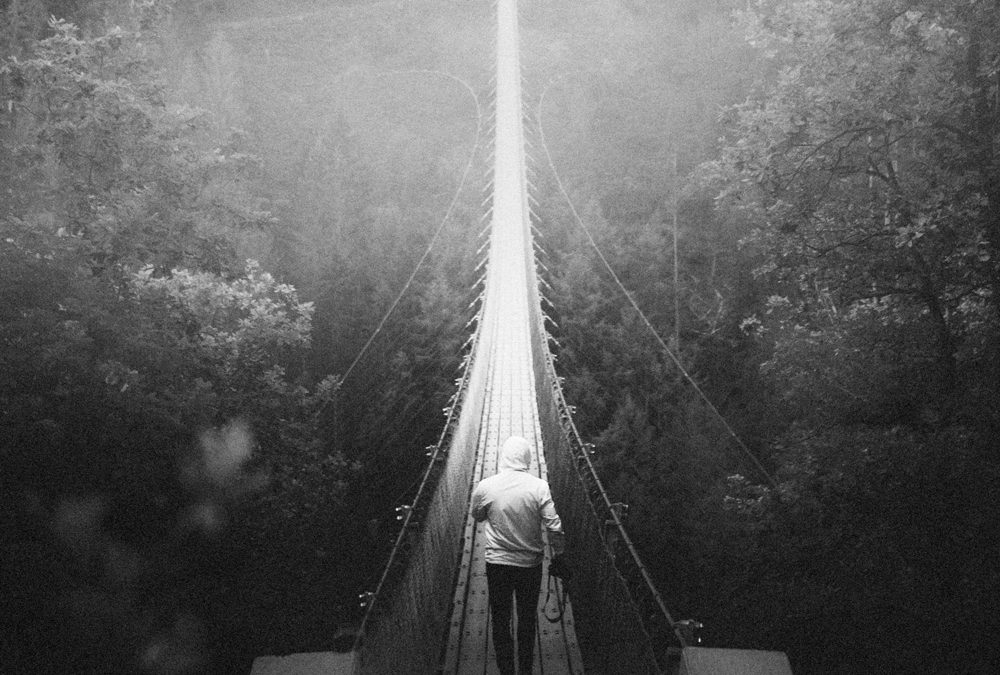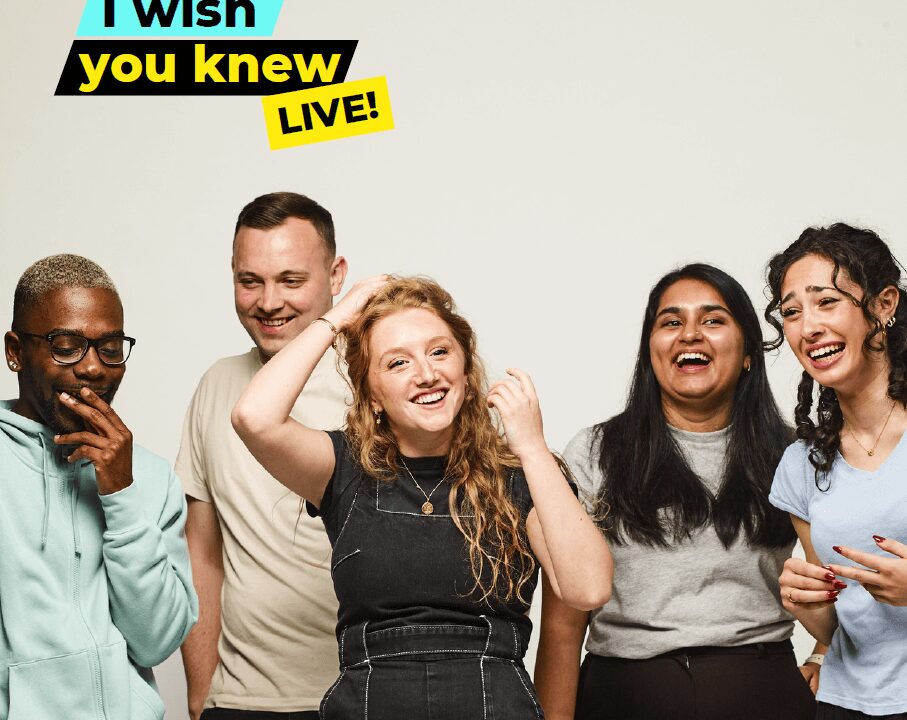Beyond OCD’s existence


Beyond OCD’s existence
by Shaun Flores
OCD is all-encompassing and all-consuming. It affects my everyday life from the minute I wake up to the moment I sleep. Yet many still have a misinformed grasp on what having OCD actually means.
According to the university and college union: “OCD affects about 1-2% of the UK population and is characterised by intense anxiety and by negative, repetitive and intrusive thoughts (obsessions). In order to reduce anxiety, the affected person will often engage in repeated actions or behaviours (compulsions).
Earlier this year, on June 4th, I was diagnosed with OCD, after a series of breakdowns. My OCD journey began with obsessive thoughts about my sexuality. Those thoughts suddenly migrated to worrying about being a perpetrator of sexual assault. The next change in my obsessive thoughts ended up being the final straw: the image of myself jumping off a bridge. I was so horrified and panicked, I jumped in an Uber and immediately left for home. I called all my friends telling them that I was now suddenly depressed, suicidal and wanted out of my life. They stayed with me for as long as they could until they returned to normal life.
Life didn’t come back to ‘normal’ at the time. Instead, I woke up with OCD thoughts enveloping my brain. I searched tirelessly on the internet for an answer, to explain what was happening in my mind. My next step was social media, which I have used to help support my career previously in influencing, modelling and public speaking.
Somehow I found a therapist, Emma, who I begged for a phone call with. Nothing could have epitomised the feelings of sheer terror, upset and depression when she picked up the phone. I was absolutely in tears asking “Why am I having these thoughts?”, “Please I do not want to hurt anyone”, “What’s wrong with me?”. Emma immediately knew it was OCD, from her professional experience. Therapy began on Monday, and since then I have been on a slow, but sure road to recovery. Emma saved my life and transformed my sense of self when OCD ripped my identity from the roots and left me hung and dry. Thanks to her she showed me I can live beyond OCD’s existence.
Sexual orientation OCD and Harm OCD are the two main themes I live with. Sexual orientation OCD, otherwise known as ‘Homosexual OCD’, refers to questions all about your sexuality. Harm OCD is the incessant fear of hurting others and yourself.
OCD thoughts are ego-dystonic meaning they are against your morals and values. They do not say anything about the person who lives with OCD.
My recovery from OCD requires daily maintenance which involves ‘gratitude journaling’, meditation and practising an ERP lifestyle. The thoughts still are there, you just learn to understand that ‘you are not your thoughts.’
ERP stands for Exposure Response Prevention. It is a core part of recovering from OCD and a crucial practice in CBT (Cognitive Behavioural Therapy). An ERP lifestyle means I still face my fears every day, even when they just won’t leave. It’s learning to continue tolerating the anxiety that comes with the constant intrusive, obsessional and repetitive thoughts.
We need wider conversations in society about OCD and its impact. The OCD field is drastically underfunded and under researched, with 89p spent on research for every person affected by OCD, yet it has profoundly negative effects on the UK economy. The Centre for Mental Health found that in 2010 the total economic cost of mental illness in the UK was a staggering £105.2 billion, of which anxiety disorders, including OCD, cost £9.8 billion a year.
I am now a volunteer advocate with Orchard OCD, the only charity in the UK dedicated to funding better and faster treatment for those with OCD. Via Orchard OCD I am on the NHS trial exploring the potential and promising treatment of psilocybin, the psychoactive ingredient in ‘magic mushrooms’. It has been shown to potentially reduce OCD symptoms.
My existence is beyond OCD, and I am more than my mental illness. Through my illness, I am finding wellness again. We need, must and have to continue removing stigma and shame about mental illness.
Shaun Flores Bio
Shaun Flores is an OCD advocate, model and influencer, aiming to have the right influence on the world. Focusing on mental health, well-being, and lifestyle, he is also a public speaker with two TEDx Talks, TEDx 2022 & TEDx 2018.

